It’s dangerous to pretend Boris Johnson is a president

“Clare,” he replied, “I looked it up. One out of every four presidents has died in office. I’m a gamblin’ man, darlin’, and this is the only chance I got.” Later, when John F Kennedy was ambushed by more than a cake, LBJ took office without a fresh election.
This story is worth recalling after Jacob Rees-Mogg went on Newsnight last week and advanced a striking new interpretation of the British constitution. “It is my view,” he said, “that we have moved, for better or worse, to an essentially presidential system and that therefore the mandate [of the prime minister] is essentially personal.” As a result, he said, “my view is the change of leader requires a general election”.
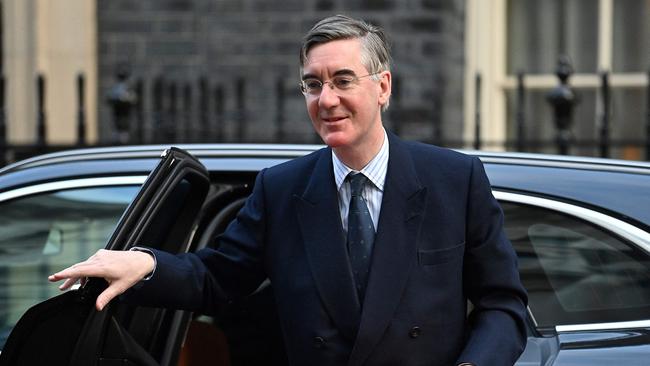
The motive for this statement was transparent. And the motive was not an urge to reveal to viewers the result of his cogitations on our institutions, cogitations that in all conscience he felt unable to keep quiet about any longer. The motive was to frighten rebellious MPs with the prospect of losing their seats in an ill-timed election.
It is, if you think about it, a pretty remarkable threat. “The electoral position caused by the prime minister is so grim that it constitutes an argument for retaining him. For if we fought an election in the political circumstances created by him, we would lose it.” I’ve heard of better political slogans than that.
It is also flatly not the case that if the Conservative Party were to change its leader, the new prime minister would have to call an election. This is not true either technically, or politically.
Technically, provided a prime minister retains the confidence of the Commons, and the parliamentary term hasn’t come to an end, there is no requirement to have an election. And politically? Jacob Rees-Mogg gave two examples - Gordon Brown and Boris Johnson - to support his contention that a new PM would be “very well advised to seek a new mandate”. But these were quite carefully selected.
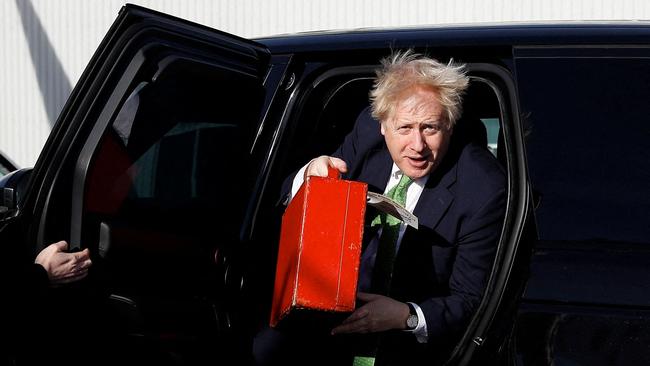
Yes, it is true that Brown did not call an immediate election on taking office in 2007 and, as Rees-Mogg put it, “that didn’t work”. But it is also true that John Major didn’t call an immediate election in 1990 and he went on to win in 1992. Yes, it is true that Johnson won the election seeking a fresh mandate he called in 2019. But it is also true that Theresa May’s 2017 election was not a great success.
You can go back further, of course. Lloyd George didn’t call an election on taking over in 1916 and won in 1918. Stanley Baldwin sought a fresh mandate on becoming prime minister in 1923 and lost. Winston Churchill did not hold an election on succeeding Neville Chamberlain in 1940. Chamberlain himself had taken over without an election, and spent more than three years in No 10 without facing one. And so on through the postwar era.
The idea that a new prime minister would be required to have an election is therefore cooked up. An instant response, rustled up in a dire political situation, because there was nothing more palatable to hand. A Pot Noodle constitutional doctrine.
This does not, however, mean that it should be ignored. Rees-Mogg is, for now, leader of the House. And keen on citing constitutional theory in his arguments. On Newsnight he went back as far as the 15th century to tell us what was going on, while being reluctant to say what was going on a day earlier. If he argues that the office of prime minister is becoming more like that of a president, I think it is worth considering seriously.
And part of the reason is that I think he’s got a bit of a point. Not about the election, of course. As LBJ’s observation makes clear, even presidencies don’t require automatic elections when the incumbent can’t complete the term. No, what he has got a point about is that over time the power of prime ministers has become greater and their relationship with the voters more personal and direct.
There seem to me to be two possible responses to this development. The first might be to resist it. This would involve a conscious attempt to restore cabinet government, to weaken the centre, to strengthen parliamentary control, to relax whipping, to argue robustly that it is parliament and parliamentarians that have been elected, not just the prime minister. And, of course, to be less hesitant about removing any party leader whose conduct does not deserve the continued support of their colleagues.
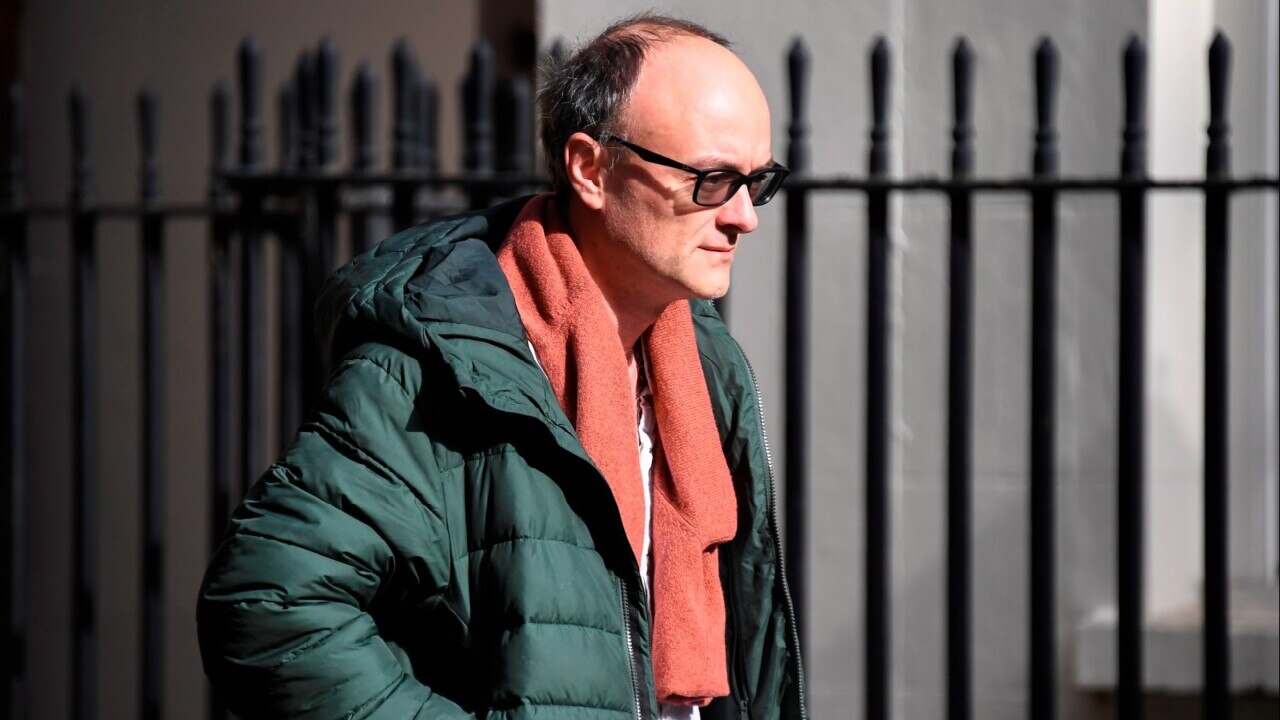
The other response might be to accept that the trend towards presidential leadership has gone too far to be easily reversed. This would require a major reform of the constitution. The prime minister would need to be directly elected and the legislature elected separately. The change would be great enough to require written rules limiting the power of the “president”.
What cannot be accepted is the position Rees-Mogg adopts. This is to assert that the prime minister is elected through parliament, governs through parliament, but is accountable only directly to voters.
When the founders wrote the US constitution they deliberately created one in which there was tension between different institutions. This was to prevent despotism. Not just the despotism of individuals, but the tyranny of the majority, too. This is what you require if you have a presidency.
A prime minister who is simply declared president by his or her followers would be a president governing without this institutional balance. They would have control not just of executive office but also of the legislature. They would be above the parliament that they sit in.
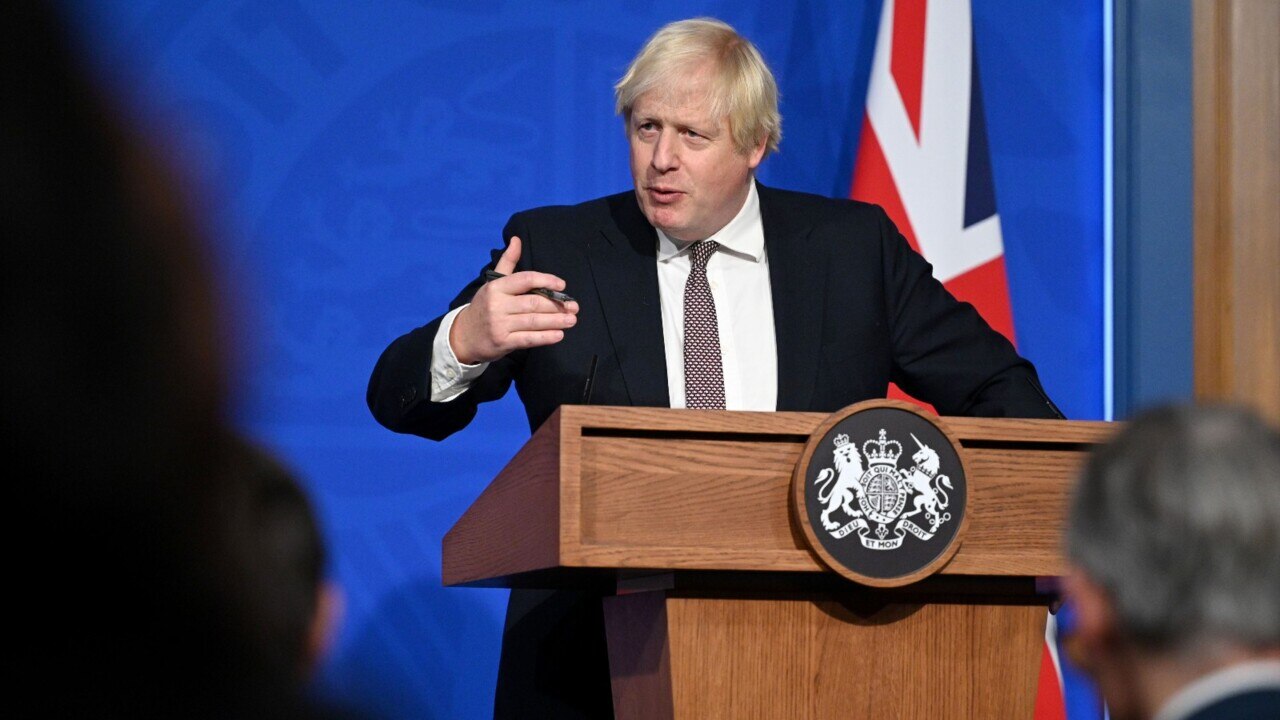
It is perfectly reasonable, indeed correct, to note that we have been heading in precisely this direction for a long time. What is not reasonable or correct is to seek to accelerate this development; to add to it the extraordinary notion that the prime minister cannot be replaced by parliament and that to seek to do so must bring that parliament to an end.
A lot of unacceptable things have been done and said during the attempt to save Boris Johnson. The culture secretary, for example, announced the end of the BBC licence fee in a tweet at 7.56 in the morning without, apparently, having cabinet agreement. This is regrettable, but reversible. Accepting Rees-Mogg’s new constitution without proper consideration may prove harder to reverse.
The Times

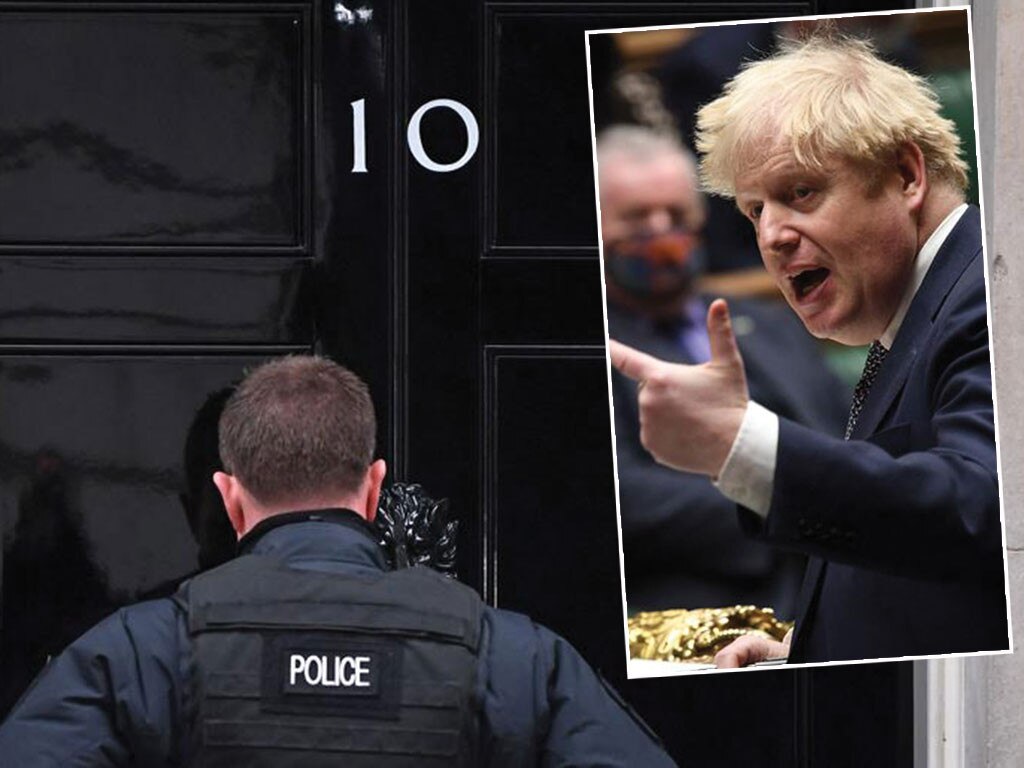
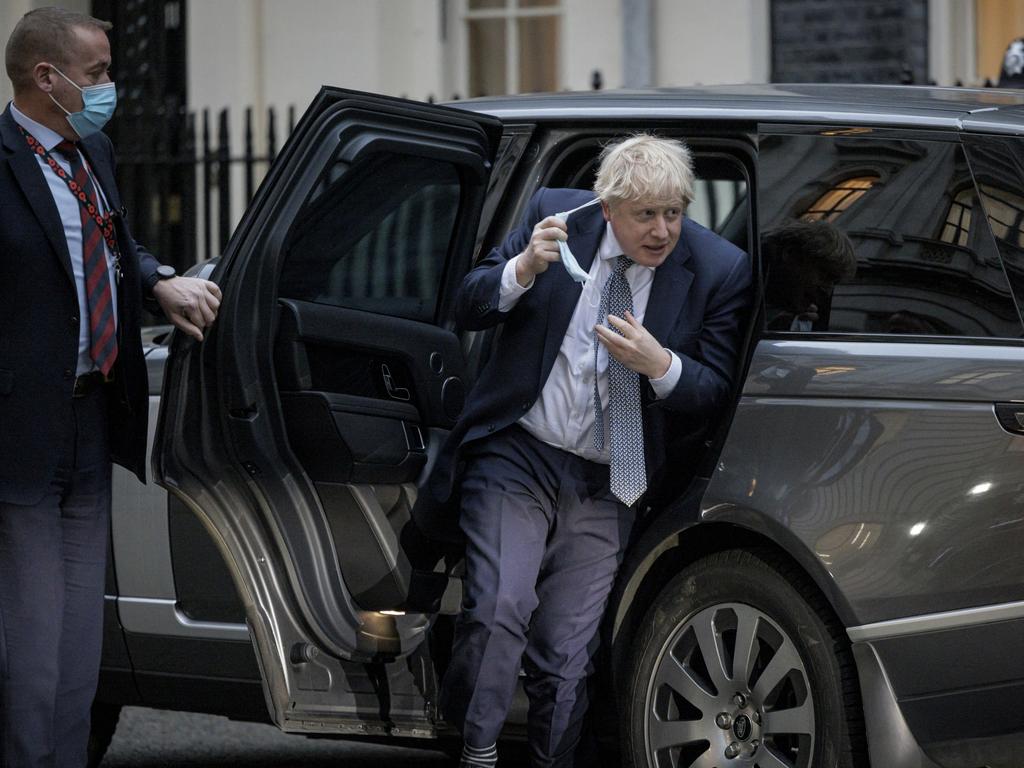

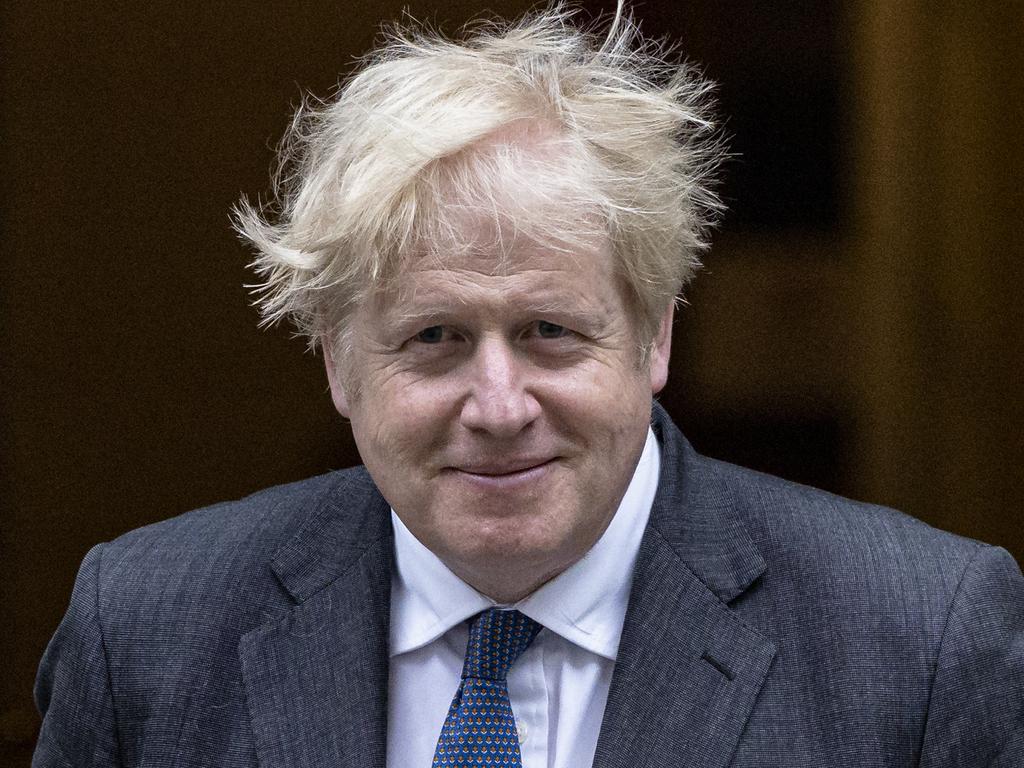

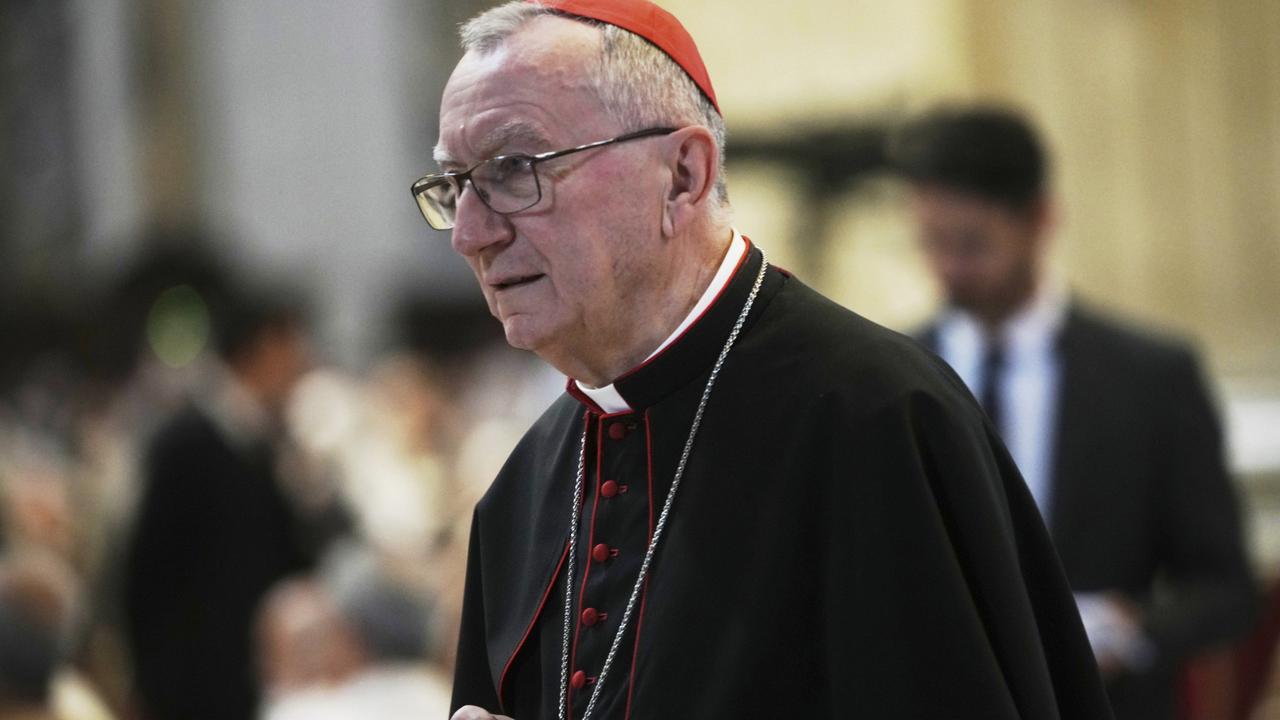
In January 1961, on the day of his installation as vice-president, Lyndon Baines Johnson travelled to the inaugural ball on a bus with the former congresswoman Clare Boothe Luce. Luce wanted to know why he had left the Senate, where he was the pre-eminent power, for his relatively powerless new office.